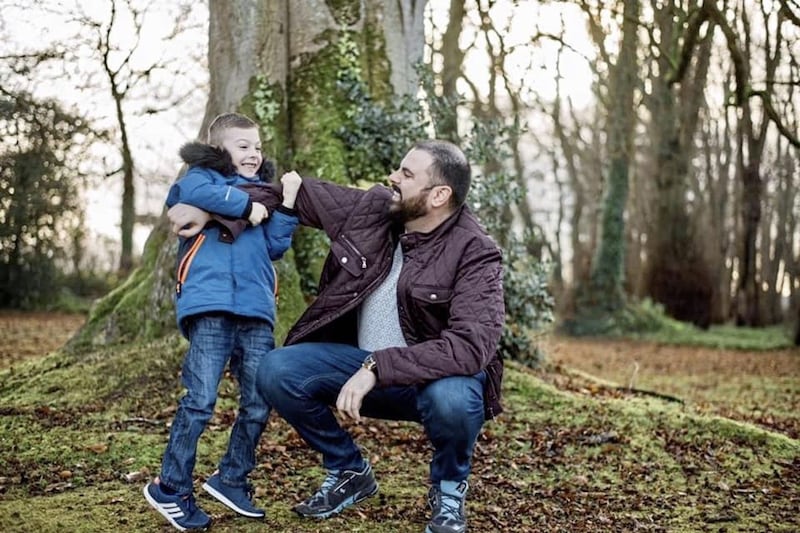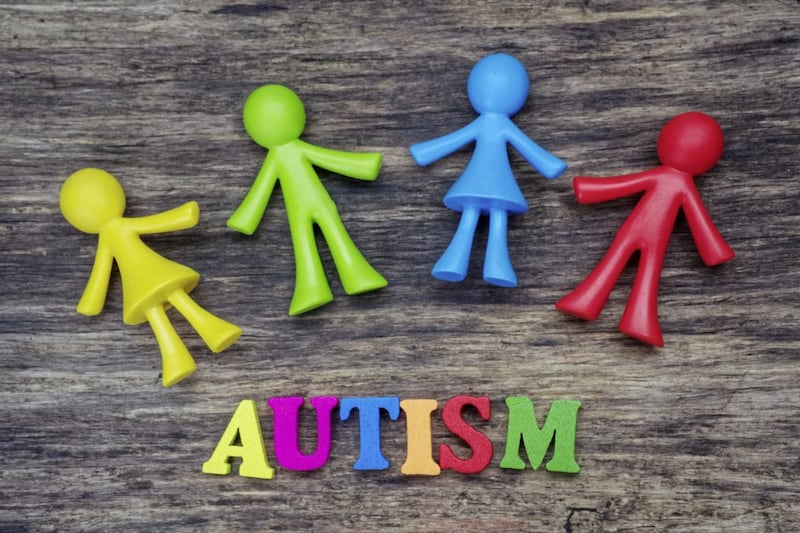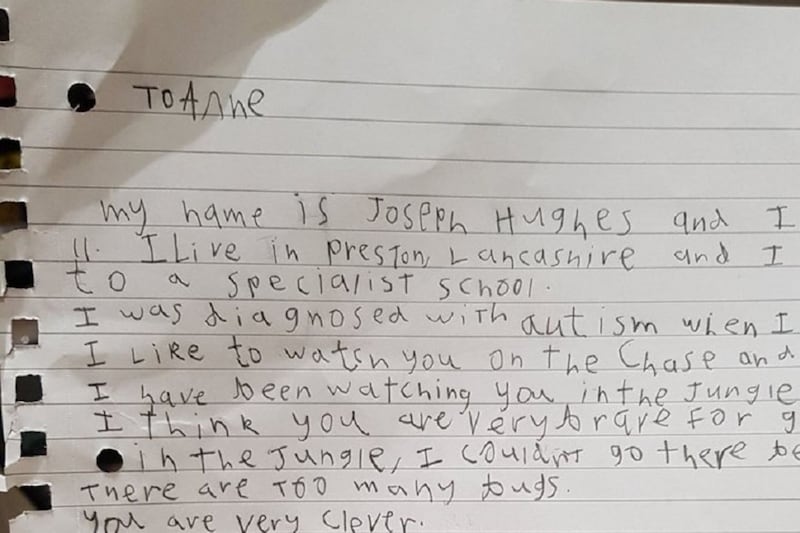"I LIVED my life under incredible, incredible guilt about being a bad person and a failure. I believed no-one liked me and I ruined my life by having an eating disorder. There was no way out other than to beat yourself up and become more and more depressed and inward looking."
The words of 36-year-old Belfast woman Anna Kyle, who suffered throughout her life from, as she describes it, "not understanding the world".
Anna was hospitalised twice due to an eating disorder, then found out in her 30s that this was actually her “coping mechanism” for Asperger’s. Also known as Asperger Syndrome, Asperger's, is a form of autism, the developmental disorder characterised by significant difficulties in social relationships and in communicating, along with restricted and repetitive patterns of behaviour and interests.
Current diagnostic figures show that there are four times more males than females diagnosed with autism. Commonly, autistic females can use masking to hide their social difficulties. This can contribute to a later diagnosis or misdiagnosis, as internalising feelings of frustration and failure often manifest in co-occurring mood disorders starting in adolescence.
For Anna moving to high school was incredibly difficult and it was while studying for her GCSEs that that she developed a harmful fixation with food.
“I had never formed relationships and always found talking to people incredibly difficult. I got into idolising relationships and just always found the world a very complicated place. When I developed an eating disorder my life died, " she says.
Hospitalisation due to her anorexia resulted in Anna getting just one A-level. However, she did manage to get a place to study drama at the University of Winchester, where she battled and managed her condition, spending six months in an in-patient unit in England.
After graduating Anna worked in community arts with people with learning difficulties and disabilities, facilitating drama workshops. It was while working and befriending others on the autism spectrum, and recognising similarities between them and herself, that a seed was planted in Anna's head.
“I did some research and discovered that eating disorders are one of the main coping strategies that people with undiagnosed Asperger's can have, together with self-harm and being misdiagnosed with bi-polar disorder," she says.
She kept her thoughts to herself. However, a chance remark to her mum about where she thought she might have some autism traits brought her surprising relief.
"She told me she definitely thought I had Asperger's, and so did my dad. My dad is a GP and unbeknown to me he went on a routine training conference on ASD. Mum told me that the night after the conference he walked into the house and said 'Anna has Asperger's'.
While there are no statistics held on the number of adults in Northern Ireland with autism, Autism NI recognises that many adults are falling through a gap in service provision.
The Broken Promises Report, published in 2016 by Autism NI and NAS, states: "Funding for services for autistic adults is less than a quarter of that allocated to children’s autism services. Too many adults are misdiagnosed with mental conditions, leading to the wrong support and services being provided."
Autism NI CEO Kerry Boyd says: "Many adults have only received a diagnosis of autism in their adult life. There are also many adults who recognise that they have autism traits or are autistic but may not have a formal diagnosis. We would encourage females seeking support to reach out to us via our helpline and we will endeavour to support them as best we can."
Anna says the realisation she has Asperger's has been "empowering, enlightening and freeing" and her guilt and fixation with her eating disorder has lessened.
“I like routine, I have a tendancy to get fixated on things, I have anxiety and I’m a perfectionist. I used my fascination and intensity with food as my coping mechanism but now I understand why. Knowing I have Asperger's has enabled me to find out more about the real me.
“I discovered I loved theatre, gardening and cycling and that I'm not a bad person. There is still limited variety to what I eat, but I eat more because I love cycling and being outside and in order to enjoy those activities I need to eat."
She is currently starring in c21 Theatre Company's one-woman show It Only Takes A Minute, which she co-wrote with Tom Rowntree-Finlay. A production close to her heart, it focuses on the life of Michelle, a young female with Asperger’s.
The drama begins with the 26-year-old receiving her diagnosis. Then, through a series of flashbacks, she relives scenes in her life, accompanied by a soundtrack of Take That. The boy band are Michelle's confidants, mentors and best friends in the solace of her bedroom. However, they soon become an obsession, their lyrics at times taken all too literally.
When she attends their concert it results in sensory overload and meltdown, forcing Michelle to learn more about herself and the world around her.
"One of the biggest things Tom and I want to carry through in showing that Michelle by the end of it gets an official diagnosis and her letter for her diagnosis brings an understanding and is her weapon for getting through life," says Anna.
Despite her anxiety about social communication, Anna finds acting great therapy. She describes performing as "a wonderful release because I’m not myself".
She has advice on how people should communicate with those with Asperger's.
"My key advice, if you are wanting to befriend someone with Asperger's, is do something with them. Don’t just invite them out for a coffee, instead ask them if they would like to go bowling at three, followed by something to eat at five and be home by eight. Also, text before you phone them and never call unannounced at their door."
:: It Only Takes A Minute will be performed at Belfast's MAC from November 8-11 and at The Alley Theatre, Strabane on November 16. (C21theatrecompany.com). For further information and support visit Autismni.org or contact their helpline Monday to Friday on 028 9040 1729.








